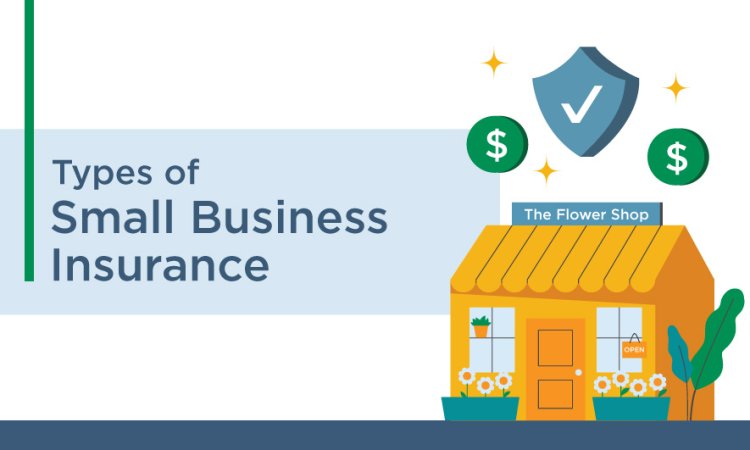Frequently Asked Questions (FAQ) about General Liability Insurance for Small Businesses
What is General Liability Insurance?
General Liability Insurance is a type of insurance that protects your small business from various risks and liabilities, including bodily injury, property damage, and personal and advertising injury claims. It helps cover legal fees, settlements, and judgments if your business is sued for these reasons.
Why is General Liability Insurance important for small businesses?
General Liability Insurance is crucial for small businesses because it provides legal protection, helps manage your business’s reputation, builds client confidence, and ensures compliance with certain contracts. It offers a financial safety net in case of lawsuits or claims.
What does General Liability Insurance cover?
General Liability Insurance typically covers:
- Bodily injury: Medical expenses and legal fees if someone is injured on your premises.
- Property damage: Repair or replacement costs if your business damages someone else’s property.
- Personal and advertising injury: Claims related to libel, slander, copyright infringement, and other offenses in your advertising.
What does General Liability Insurance not cover?
General Liability Insurance does not cover:
- Professional errors and omissions: For this, you need Professional Liability Insurance.
- Employee injuries: Workers' Compensation Insurance is required for this coverage.
- Property damage to your own business: Business Property Insurance is needed for your own property.
- Auto accidents involving business vehicles: Commercial Auto Insurance is necessary for this.
How do I determine if General Liability Insurance is right for my business?
To determine if General Liability Insurance is right for your business:
- Identify potential risks associated with your business activities.
- Evaluate legal requirements and industry standards.
- Analyze your business operations and client interactions.
- Consult with an insurance professional to assess your specific needs.
What factors should I consider when choosing a General Liability Insurance policy?
Consider the following factors:
- Coverage limits: Ensure the limits are adequate for your business’s risks.
- Deductibles: Review deductible amounts and their impact on premiums.
- Additional endorsements: Look for optional add-ons for specific needs.
- Policy exclusions: Understand what is not covered by the policy.
- Compare quotes: Obtain quotes from multiple providers to find the best option.
Should I combine General Liability Insurance with other types of coverage?
Yes, combining General Liability Insurance with other policies can provide comprehensive protection. Consider additional coverage such as:
- Property Insurance
- Workers' Compensation Insurance
- Professional Liability Insurance
- Commercial Auto Insurance
- Cyber Liability Insurance
How can I find the right insurance provider for General Liability Insurance?
To find the right insurance provider:
- Research and compare different insurance companies.
- Read customer reviews and ratings.
- Consult with insurance brokers or agents for personalized advice.
- Obtain and compare quotes from multiple providers.
What are the common exclusions in a General Liability Insurance policy?
Common exclusions can include:
- Intentional misconduct or criminal activities.
- Professional services or advice errors.
- Employee injuries (covered by Workers' Compensation Insurance).
- Damage to your own property (covered by Business Property Insurance).
How often should I review my General Liability Insurance policy?
It is advisable to review your General Liability Insurance policy annually or whenever there is a significant change in your business operations. This ensures that your coverage remains adequate and relevant to your evolving business needs.




















